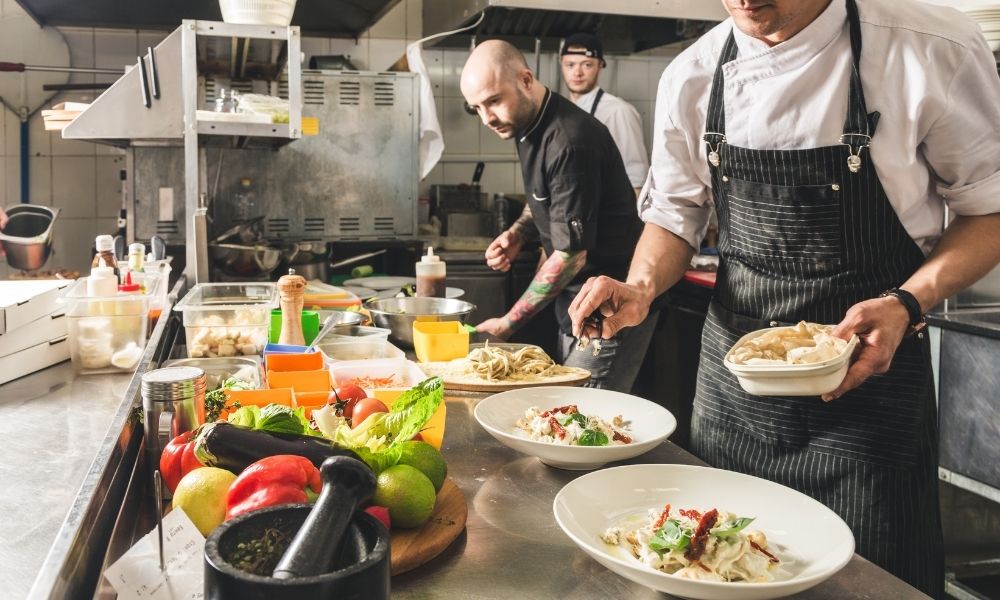Food safety is crucial in any country, and Singapore is no exception. With a thriving food and beverage industry and a rich culinary scene, maintaining high food safety standards is essential to protect public health and the reputation of Singaporean cuisine.
Hazard Analysis and Critical Control Points (HACCP) is an internationally recognized system for reducing the risk of foodborne illnesses.
It has been widely adopted by food establishments in Singapore to ensure food safety. We will delve into the importance of HACCP, its implementation in Singapore, and the role of food safety courses in promoting a food safety culture.
HACCP: A Proactive Approach to Food Safety
Hazard Analysis and Critical Control Points (HACCP) is a systematic, proactive approach to food safety that identifies potential hazards in producing, processing, and distributing food products.
These hazards could be biological (e.g., bacteria, viruses), chemical (e.g., pesticides, allergens), or physical (e.g., glass fragments, metal shards).
The primary objective of HACCP is to prevent, eliminate, or reduce these hazards to acceptable levels, ensuring the safety of food products for consumption.
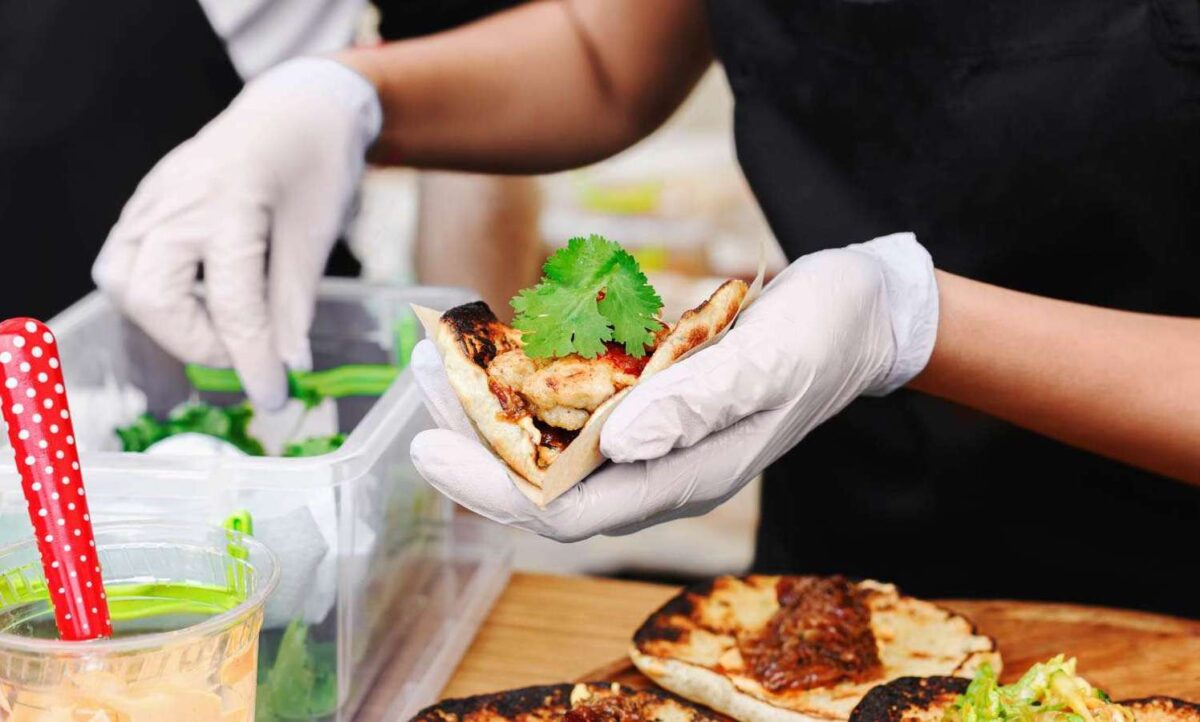
Source: Serious Eats
HACCP comprises seven principles:
- Conduct a hazard analysis: Identify potential hazards associated with each stage of the food production process.
- Determine the critical control points (CCPs): Pinpoint the steps at which control measures can effectively prevent, eliminate, or reduce the identified hazards.
- Establish critical limits: Set specific criteria that must be met at each CCP to ensure food safety.
- Monitor CCPs: Establish procedures to measure and observe the critical limits at each CCP.
- Establish corrective actions: Implement actions to rectify any deviations from the critical limits and ensure that the CCPs are under control.
- Verify the effectiveness of the HACCP system: Ensure that the system works effectively to control hazards.
- Maintain documentation and records: Keep detailed descriptions of the HACCP plan, monitoring results, and corrective actions.
HACCP in Singapore: A Regulatory Framework
Singapore’s food safety regulatory framework is primarily overseen by the Singapore Food Agency (SFA) and the Ministry of Health (MOH). These agencies have adopted the HACCP system as a vital tool in ensuring food safety in the country.
In 2000, the SFA launched the Food Safety Management System (FSMS) based on HACCP principles. This framework aims to enhance food safety and hygiene standards in Singapore’s food establishments.
The FSMS requires food processing establishments, food storage warehouses, and food catering businesses to implement HACCP-based plans.
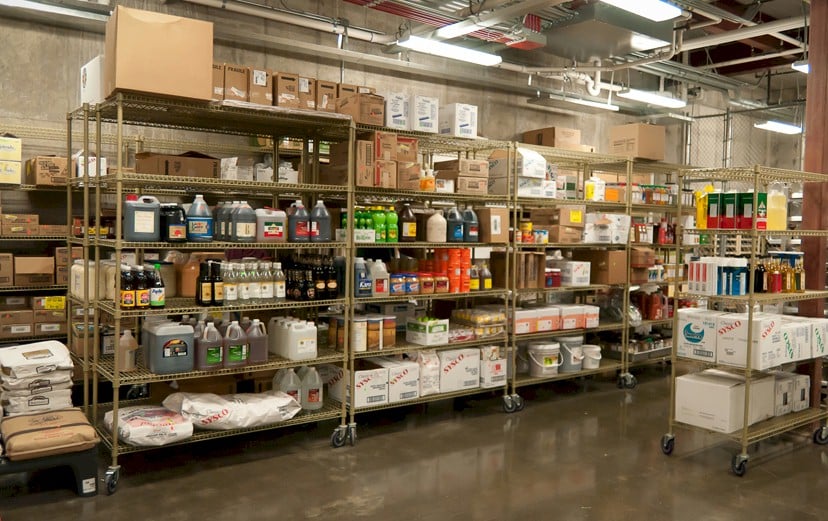
Source: Rapids Wholesale Equipment
Companies that meet the stringent requirements of the FSMS are awarded the Hazard Analysis and Critical Control Points (HACCP) Certification, recognized internationally as a mark of food safety and quality assurance.
Furthermore, the SFA mandates the implementation of the Sale of Food Act and the Environmental Public Health Act, which incorporate HACCP principles to ensure food safety across the entire food supply chain, from production to distribution and retail.
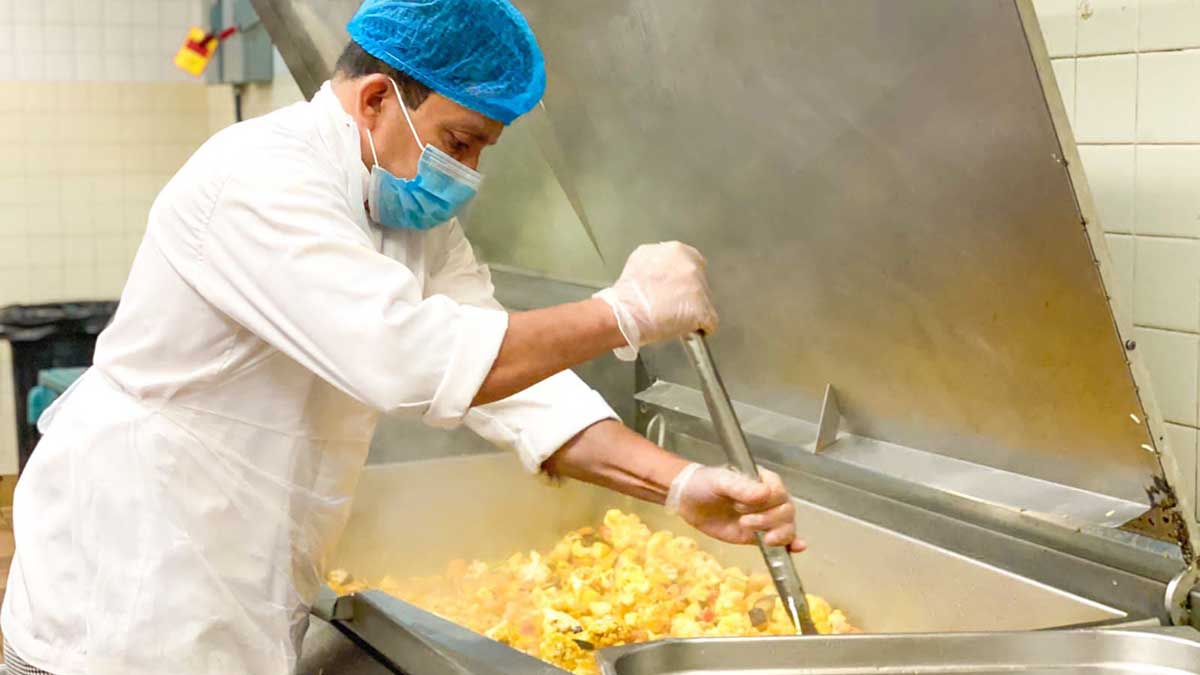
Source: Aramco Life
Food Safety Course in Singapore: Building a Culture of Food Safety
To promote a food safety culture, the SFA encourages food handlers, supervisors, and managers in the food industry to attend food safety courses. These courses provide comprehensive training on food safety and hygiene practices, HACCP principles, and the regulatory requirements in Singapore.
One such course is the Food Safety Course Level 1, an introductory course designed for food handlers who directly handle, prepare, or cook food.
This food safety course equips participants with the knowledge and skills required to maintain proper food hygiene and safety practices in their daily work.
For more advanced training, food establishments can enrol their staff in a training centre that offers higher levels, such as the Food Safety Course Level 2 and Level 3.
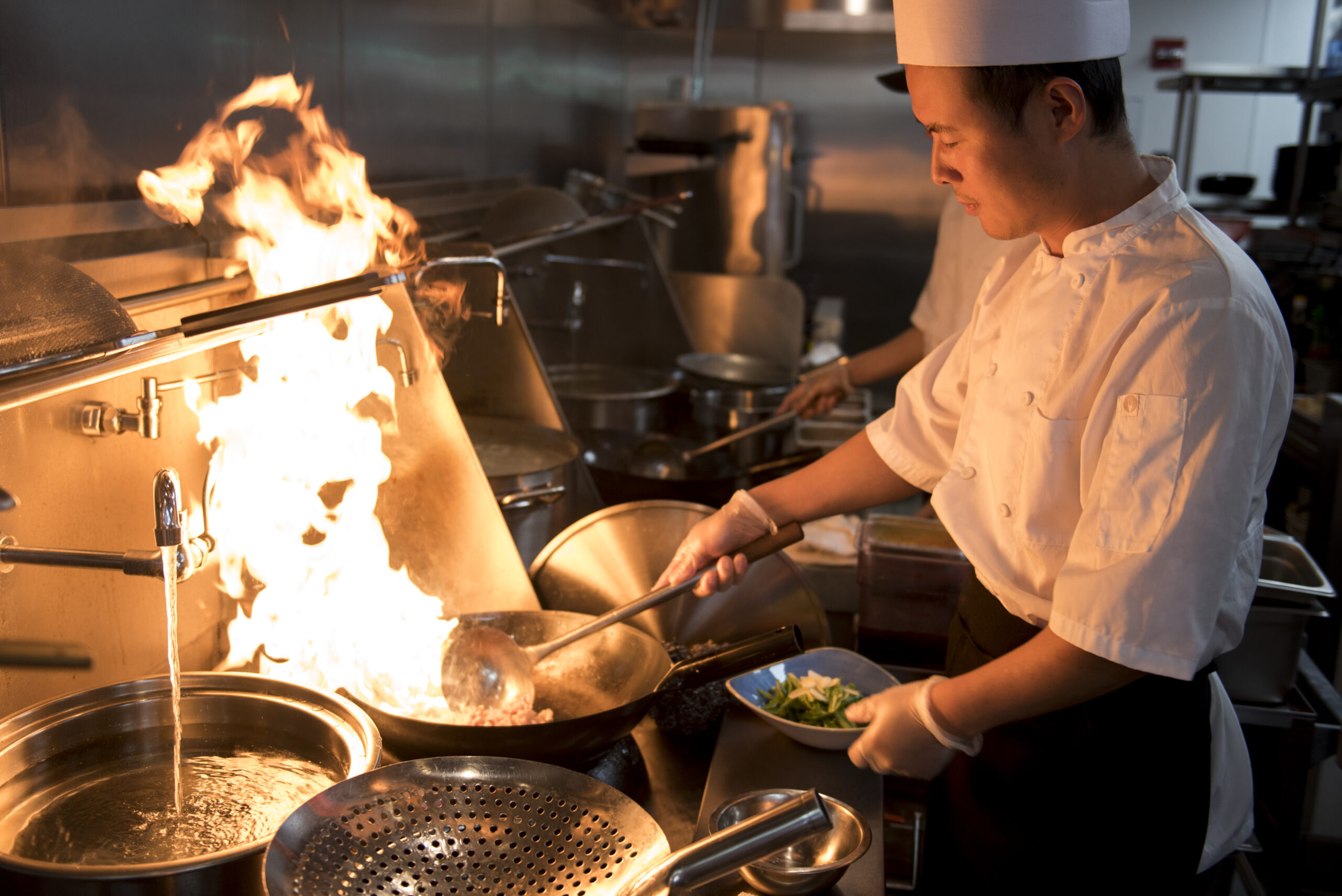
Source: The Boston Globe
These courses are designed for supervisors, managers, and professionals in the food industry responsible for overseeing food safety and hygiene practices in their establishments.
The curriculum covers advanced topics such as foodborne illnesses, allergen management, pest control, and developing and implementing HACCP plans.
By attending these food safety courses, food handlers and professionals acquire a strong foundation in food safety principles, enabling them to identify potential hazards and implement effective control measures.
This not only helps to protect consumers but also contributes to the overall reputation of the food industry in Singapore.

Source: The Rail Media
HACCP: A Key to Ensuring Food Safety in Singapore
Adopting and implementing Hazard Analysis and Critical Control Points (HACCP) in Singapore have significantly ensured food safety and public health.
The stringent regulatory framework, coupled with the promotion of food safety courses, has fostered a culture of food safety among food establishments and professionals in the country.
HACCP has proven to be a practical approach to food safety in Singapore. Its continued adoption and enforcement by regulatory agencies and food establishments will be vital in maintaining the country’s high food safety and hygiene standards.
As the food industry evolves and grows, Singapore must continue to prioritise food safety and invest in the training and education of its workforce to ensure that the nation’s culinary scene remains safe, diverse, and vibrant.
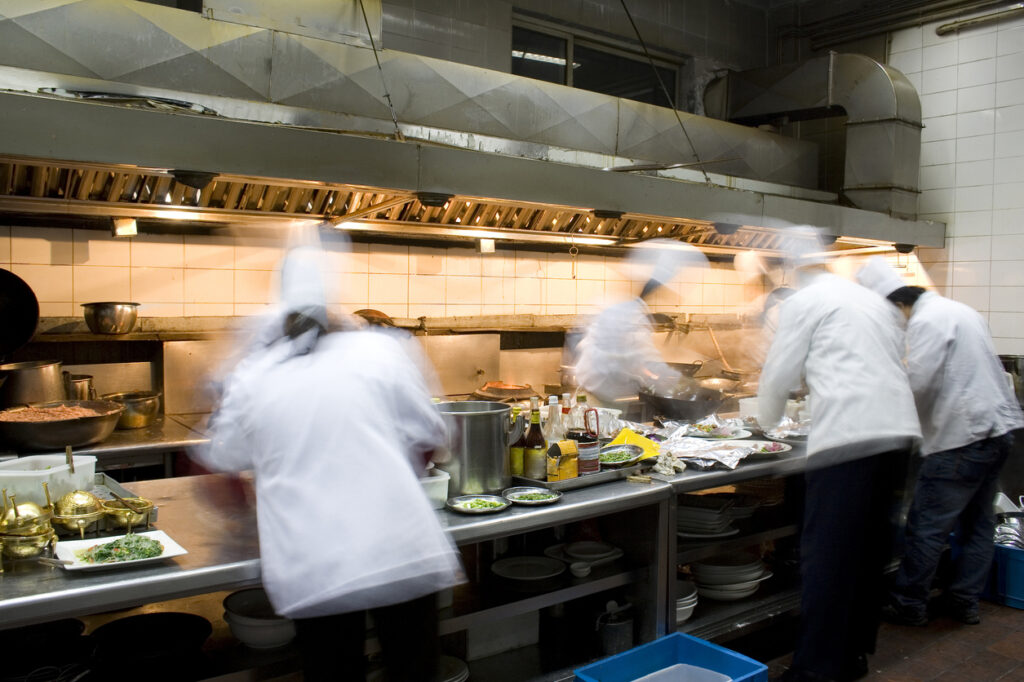
Source: Bidfood
Don’t Miss Out on Building Your Food Safety Skills with Skillmaster!
In light of Hazard Analysis and Critical Control Points (HACCP) ‘s crucial role in ensuring food safety, Skillmaster invites you to join our comprehensive food safety course in Singapore.
Participating in our training programs will give you the knowledge and expertise needed to maintain high food safety and hygiene standards in your establishment.
Don’t compromise on food safety – enrol with Skillmaster today and become a food safety champion in Singapore’s thriving food and beverage industry.
Visit our website to learn more about our practices, and sign up now!

